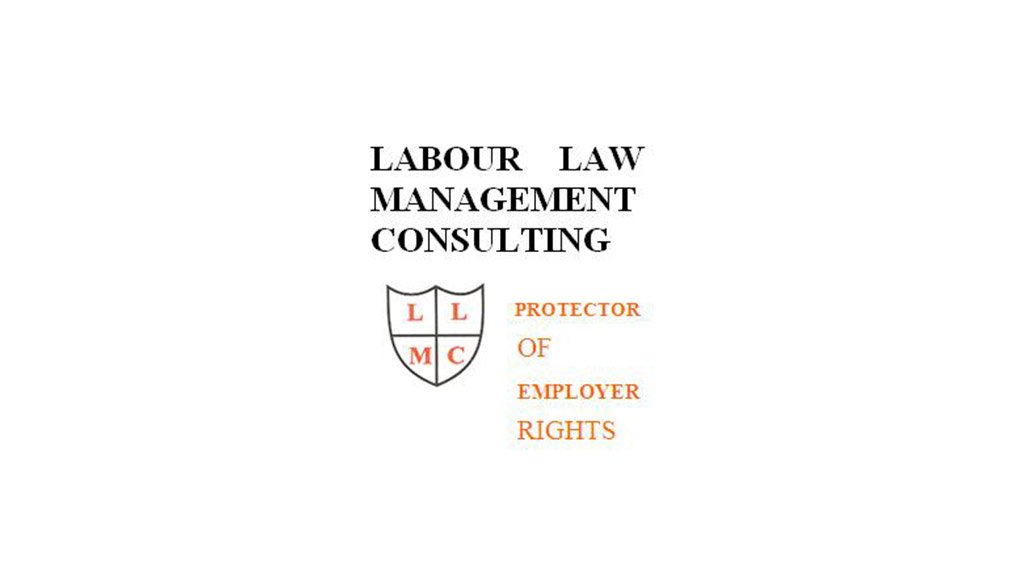After the Real Security case dealing with sexual harassment was reported some years ago I warned employers of the dire consequences for their business if they do not take decisive preventive action. In that case the unfair discrimination claim was based on the law that harassment on the grounds of sex is unfair discrimination. The automatically unfair dismissal claim was based on the fact that the employee was forced to resign because her employer allowed her to be discriminated against by the supervisor who sexually harassed her.
The Court cited section 60 of the EEA that says:
(1) “If it is alleged that an employee, while at work, contravened a provision of this Act, or engaged in any conduct that, if engaged in by the employee’s employer, would constitute a contravention of this Act, the alleged conduct must immediately be brought to the attention of the employer.
(2) The employer must consult all the relevant parties and must take all the necessary steps to eliminate the alleged conduct and comply with the provisions of this Act.
(3) If the employer fails to take the necessary steps and it is prove that the employee has contravened the relevant provisions, the employer must be deemed also to have contravened that provision.”
The Court awarded the employee compensation for unfair dismissal, unfair discrimination, medical expenses, pain, suffering and impairment of her dignity. In total she was awarded R82000,00 which equated to 41 months’ pay or almost three and a half years’ pay.
Despite the warning that the outcome of this case sounded, employers are still not implementing measures to prevent sexual harassment and are obviously still losing cases in the Labour Court.
For example, in the case of Christian vs Colliers Properties (2005, 5 BLLR 479) Ms Christian was appointed as a typist by the employer. Two days after starting work the owner of the business asked her if she had a boyfriend and invited her to dinner. He also invited her to sit on his lap and kissed her on the neck. When she later objected to the owner’s conduct he asked her whether she was “in or out”. When she said that she was “not in” he asked her why he should allow her employment to continue. She was dismissed with two days pay and referred a sexual harassment dispute.
In a default judgement the Court decided that:
- The employee had been dismissed for refusing the owner’s advances
- This constituted an automatically unfair dismissal based on sexual discrimination
- Newly appointed employees are as deserving of protection from sexual harassment as are their longer serving colleagues
The employer had to pay the employee:
- 24 months’ remuneration in compensation
- Additional damages
- Interest on the amounts to be paid
- The employee’s legal costs
This means in practice that employers must utilise the best labour law expertise available to:
- Inculcate acceptance at the workplace that a business can be ruined financially by allowing sexual harassment to occur
- Design a comprehensive sexual harassment policy
- Ensure that every owner, manager and employee knows and understands the severe consequences of committing such acts
- Communicate to all concerned that such misconduct will result in severe penalties including possible dismissal
- Ensure that all employees feel entirely free to report sexual harassment.
- Train all employees in the above listed issues as well as in what constitutes sexual harassment, how to deal with it, where to report it and the company’s supportive policy towards sexual harassment victims
To book for our 24 July seminar on MANAGING DISCIPLINARY HEARINGS please contact Ronni on ronni@labourlawadvice.co.za or 0845217492.
Written by lvan lsraelstam, Chief Executive of Labour Law Management Consulting. He may be contacted on (011) 888-7944 or 0828522973 or on e-mail address: ivan@labourlawadvice.co.za. Go to www.labourlawadvice.co.za.
EMAIL THIS ARTICLE SAVE THIS ARTICLE
To subscribe email subscriptions@creamermedia.co.za or click here
To advertise email advertising@creamermedia.co.za or click here











